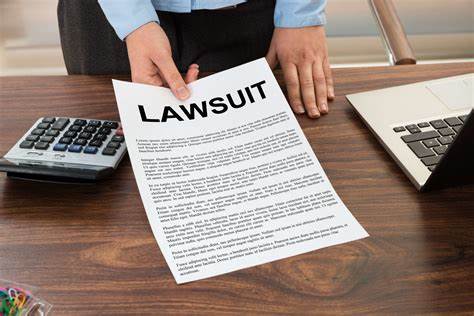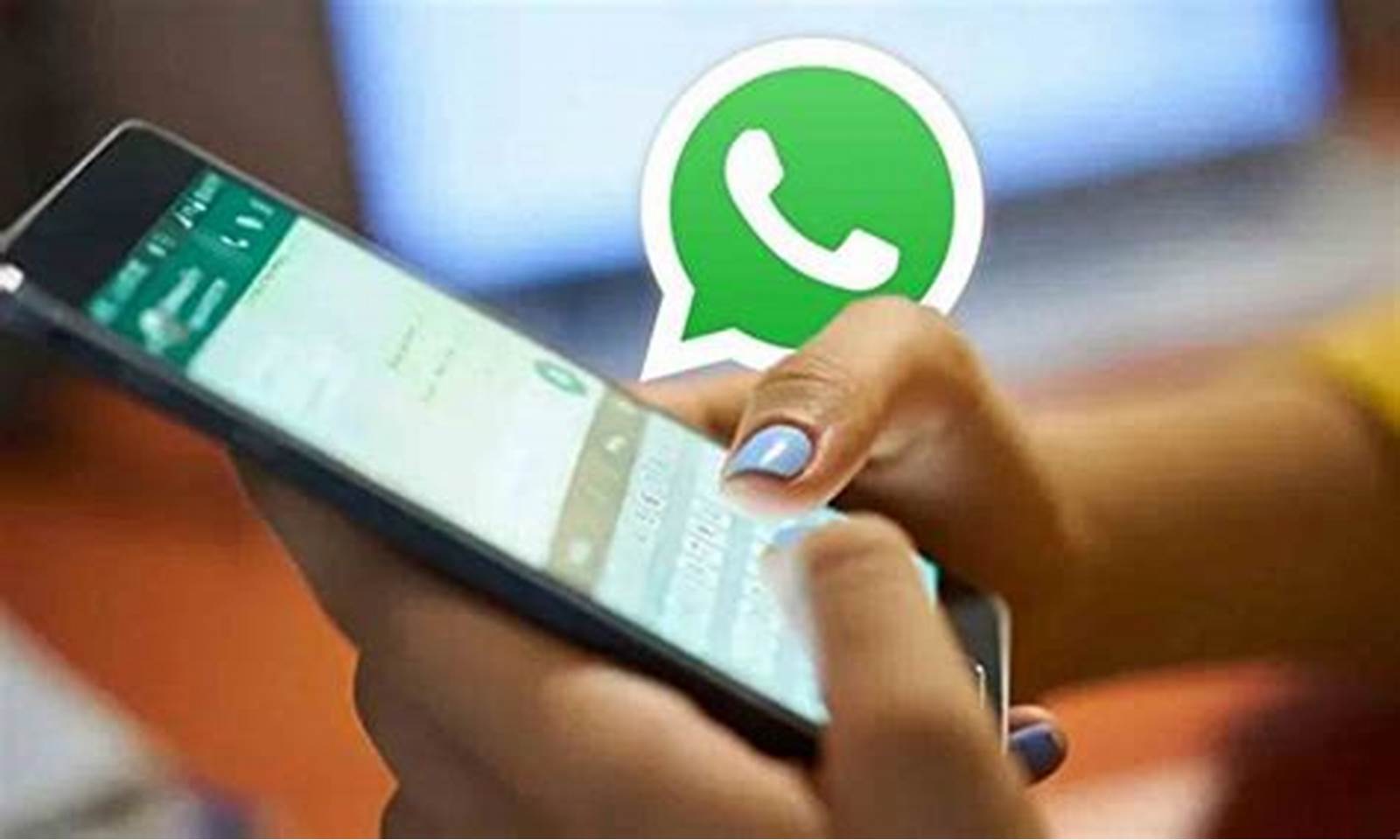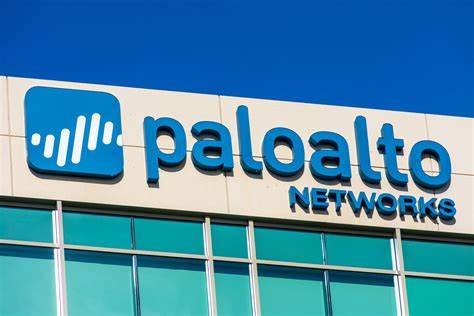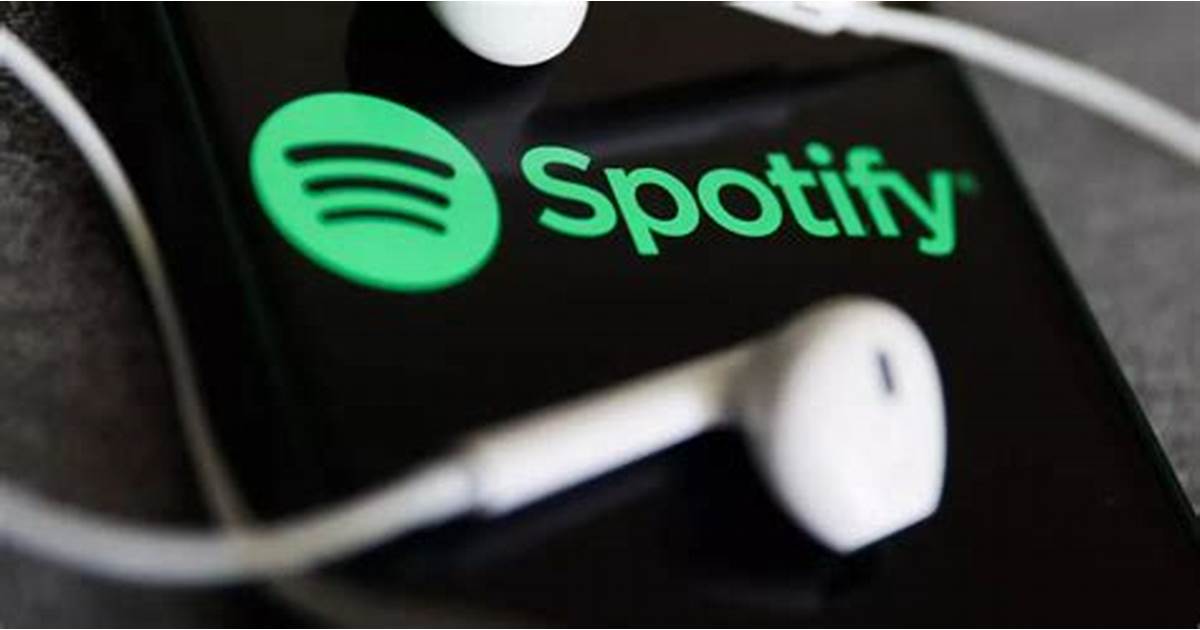A coalition of notable news publishers sued Microsoft and OpenAI for improper and non-compensatory usage of copyrighted articles to train their generative AI models
The eight publications owned by Alden Global Capital (AGC), which include the Chicago Tribune, New York Daily News, and Orlando Sentinel, allege the companies have unlawfully and without compensation “purloined millions” of their articles “to fuel the commercialization of their generative artificial intelligence products, including ChatGPT and Copilot.” The Verge first reported the allegations.
The lawsuit represents the most recent legal proceeding initiated against Microsoft and OpenAI regarding their purported exploitation of copyrighted material to construct sizable language models (LLMs) that supply power to artificial intelligence (AI) technologies such as ChatGPT.
The AGC publications assert in the complaint that chatbots affiliated with the companies can replicate their articles in their entirety shortly after their initial publication without including prominent citations to the original sources.
“This legal dispute does not involve outdated technology versus modern technology.” A conflict between a prospering industry and an industry in transition does not exist. “GenAI’s concerns are most certainly not a struggle to resolve the phalanx of social, political, moral, and economic issues,” states the complaint.
“The crux of this legal dispute pertains to the ineligibility of Microsoft and OpenAI to construct their new trillion-dollar enterprises using copyrighted newspaper content without providing appropriate compensation.”
In addition to accusing the AI models of “hallucinations,” the plaintiffs attribute their publications’ inaccurate reporting to them.
They cite OpenAI’s prior acknowledgment that training today’s most advanced AI models without copyrighted materials would be “impossible.”
Similar allegations were presented in a separate lawsuit The New York Times filed last year. According to The Times, Microsoft and OpenAI allegedly circumvented a licensing agreement by utilizing nearly a century’s copyrighted material to enable their AI to imitate its expressive style.
Microsoft, to discredit critical elements of the Times’ litigation, labeled the publication “doomsday futurology” by implying that generative AI could jeopardize autonomous journalism.
OpenAI, which has since become a for-profit company and is currently valued at $90 billion, and Microsoft, whose market value has increased by hundreds of billions of dollars due to ChatGPT and Copilot, are allegedly profiting from the unauthorized use of copyrighted works, according to the AGC publications.
The news publishers are petitioning Microsoft and OpenAI to eliminate GPT and LLM models that utilize their copyrighted material and award them unspecified damages.
A licensing partnership was established between OpenAI and The Financial Times earlier this week to incorporate the newspaper’s journalism lawfully.
Nevertheless, the most recent legal action filed by AGC brings attention to the escalating hostilities between technology firms developing generative AI and content creators apprehensive about the unauthorized utilization of their works to train lucrative AI systems.



